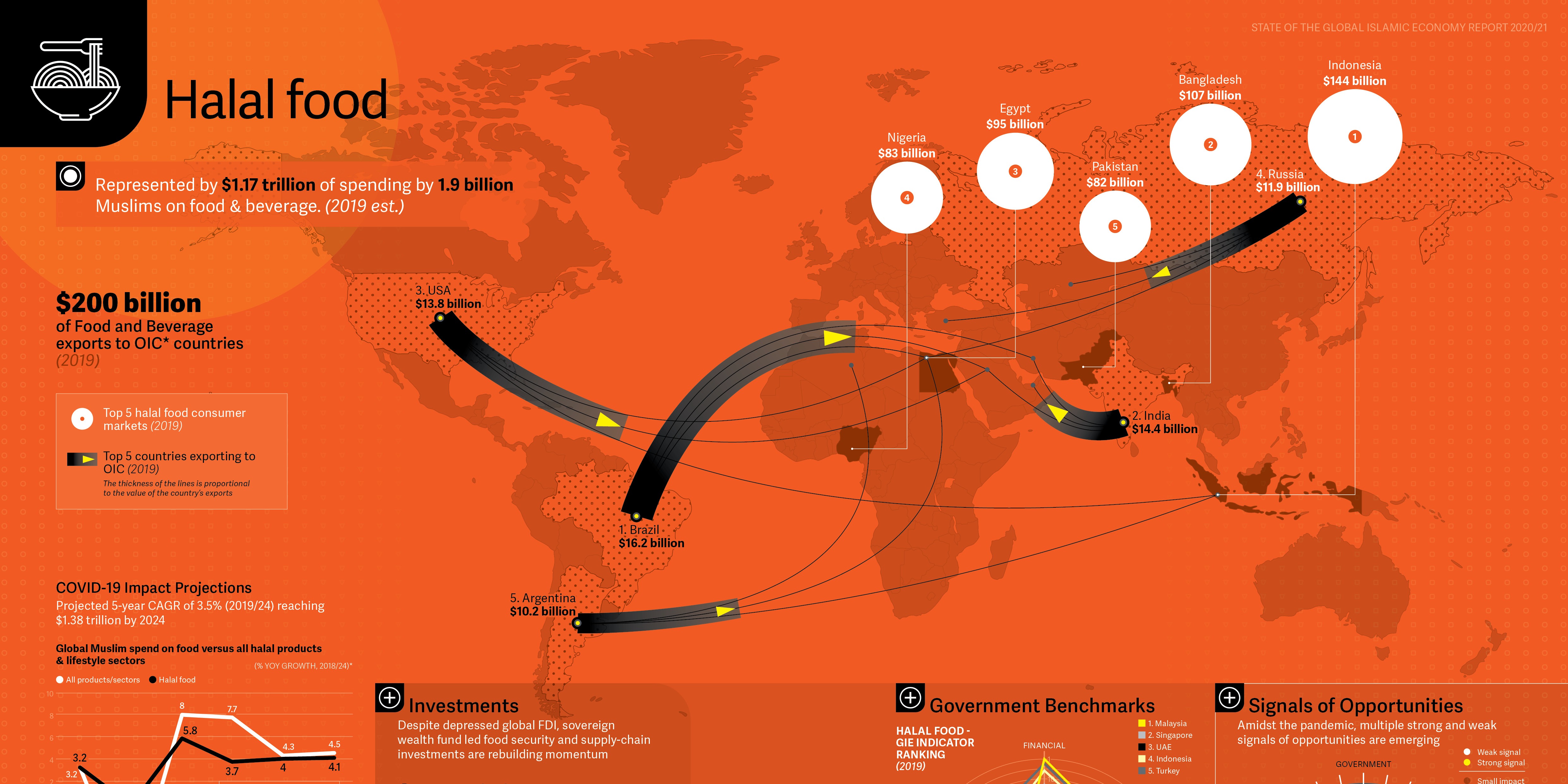

But many know they don’t like it. Concerns arise primarily because of perceptions and misperceptions of what Sharia law says about women and the structure of families. But in the field of finance, the principles of Sharia that have emerged over eight centuries are not controversial.įour principles take center stage: No payments of interest or unacceptably high profits risks should be shared and not shifted entirely to another party no excessive uncertainty or speculation and no investments in unethical goods or activities, such as alcohol or gambling.Ī challenge arises when businesses want to borrow money or finance sales and still stay true to Sharia principles. Not many lenders provide funds interest-free. So the Islamic finance industry developed techniques to provide financing while staying sufficiently true to Sharia principles. Most Americans cannot explain Sharia law. financial institutions in the growing field of Sharia-compliant finance.

government critical tax revenue and leaves both taxpayers and regulators confused. Uncertainty also limits the role of U.S. The result is extreme uncertainty, which likely costs the U.S.

Yet, public objections to Sharia law paralyze discourse about the intersection of Islamic finance and U.S. General Electric and Goldman Sachs issued sukuk bonds. Do you want a mortgage that is Sharia-compliant? Dial toll-free 1-87-786-IJARA. On October 21, 100 lawyers and finance professionals will gather in Washington, D.C., to explore ways to expand Sharia-inspired finance in the United States.ĭespite the public furor – and occasional fear – that arises whenever Sharia law is discussed in public, the reality is that an estimated $4 billion of financial transactions that follow Sharia principles are conducted annually in the United States. And hundreds of billions of dollars of such transactions are conducted globally each year, including transactions involving U.S.


 0 kommentar(er)
0 kommentar(er)
